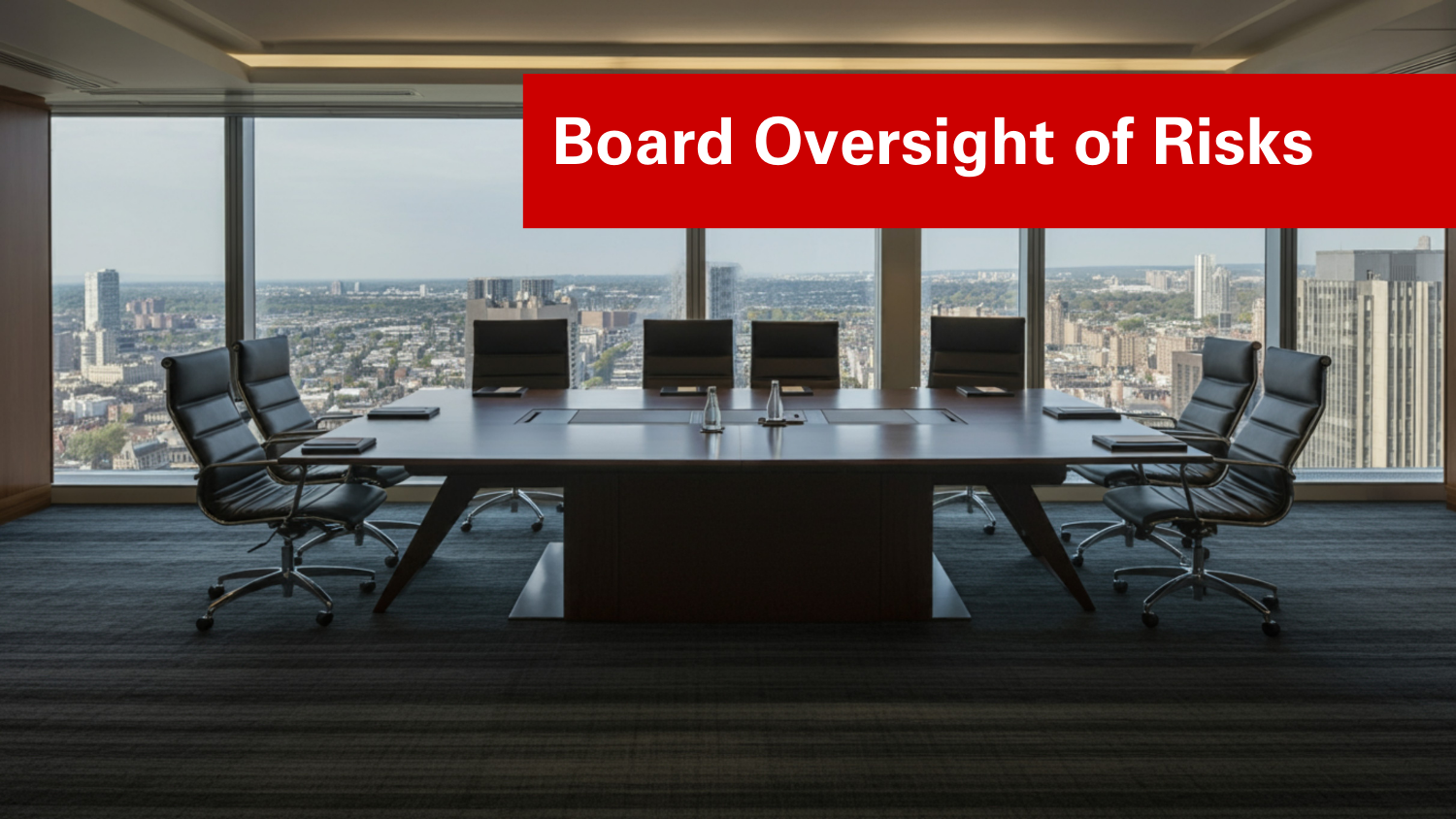Education of ERM Concepts at the Collegiate and Corporate Levels
Laurie Brooks, retired Chief Risk Officer at Public Services Enterprises Group and current board of director at Provident Financial Services, shares her views about the long-term viability of ERM and how ERM is an expected core competency skill of executives. She argues that should simply be seen as a good management practice and looking at risks from an enterprise-wide view should be seen as the normal thing to do, not a specialized thing to do. She also tells about how to tell the maturity of ERM at a company by how risks are assigned and overseen.
In this discussion, Bruce Branson, Associate Director of the ERM Initiative at NC State, speaks with Laurie Brooks, a board member at Provident Financial Services and former Chief Risk Officer at Public Service Enterprise Group. They discuss the importance of enterprise risk management (ERM) education for business students and its role in organizations.
Key Points:
-
ERM in Business Education:
- Brooks emphasizes that ERM should be integrated into business education as a foundational concept, eventually seen as synonymous with good management.
- She highlights the need for skills in identifying, assessing, and managing risks across various dimensions, such as probability, impact, agility, and velocity.
- ERM knowledge benefits multiple disciplines, including supply chain, business continuity, and strategic planning.
-
ERM and Board Membership:
- Brooks shares her experience of joining Provident Financial Services’ board due to her ERM expertise, helping the organization develop its ERM strategy.
- As a new board member, she advises assessing the organization’s understanding of ERM by observing:
- The familiarity with ERM terminology.
- Internal champions driving the ERM process.
- Reporting structures and how risks are addressed in board meetings.
- The delegation of risk responsibilities among board committees.
-
Indicators of ERM Maturity:
- A mature ERM process involves risk discussions at every board meeting, with clear ownership assigned to specific committees.
- Early-stage organizations might have limited ERM understanding or associate it solely with specific roles like internal audit or the Chief Risk Officer.
The discussion underscores the critical role of ERM in governance and strategic decision-making, advocating for its inclusion in business education to prepare future executives.
Original Article Source: “Transcript of Interview with Laurie Brooks on Education of ERM Concepts at the Collegiate and Corporatel Levels“, Laurie Brooks and Bruce Branson, October 2012


